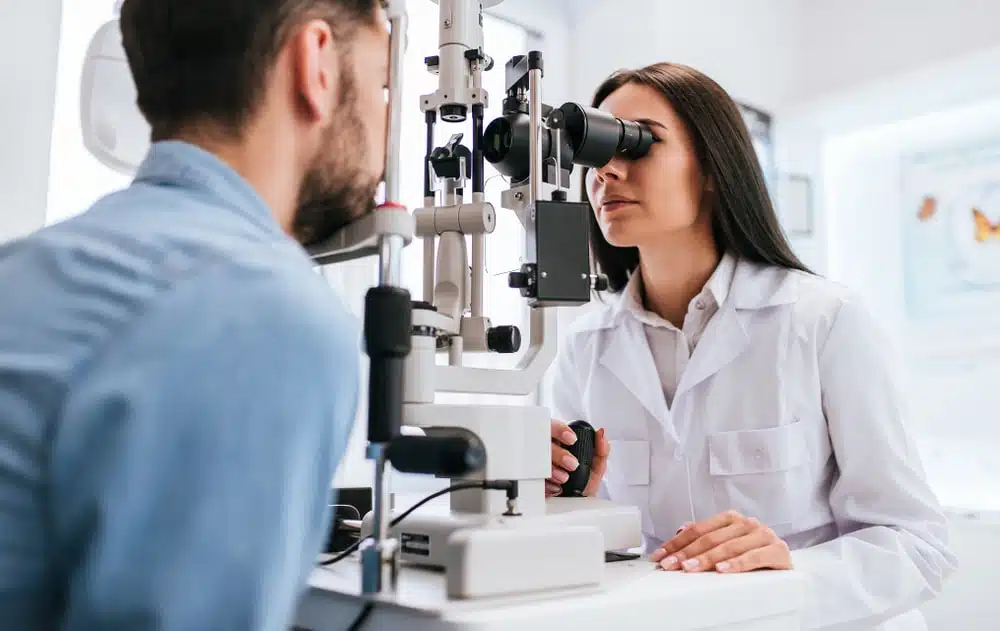Your grandmother had cataracts, so does that mean that you will, too? Not necessarily. While there are certain hereditary factors that may increase your risk, the formation of cataracts is more readily caused by other factors such as age, sun exposure, and other environmental issues. To find out if your lifestyle and genes put you at risk for developing cataracts, read on.
Age
The greatest risk factor by far for developing cataracts is your age. As you get older, the eyes start to deteriorate and become more susceptible to cloudiness and cataracts. By the age of 65, nearly half of the population will have developed some degree of the condition, and this increases up to 70% by age 75.
Genetics
If one of your elder relatives had cataracts, there’s a likelihood that you’ll develop them as well. This is especially true if they had the condition form at a younger age than 65.
Diabetes
Researchers are not entirely sure why, but diabetes has been shown to cause a significant increase in the risk of developing cataracts. So if you suffer from diabetes, it’s important to have your eyes checked on a regular basis.
Smoking
Smoking is also closely related to cataracts. This is because smoking is believed to cause the formation of free radicals throughout the body and these are potentially linked to cataract formation.
Injury
It’s not uncommon for an eye trauma or injury to lead to the formation of cataracts. Sometimes it takes years for the symptoms to show, so it’s important to speak to your doctor if you have experienced even minor damage to your eye.
Sunlight
If you spend a significant amount of time in the sun without sunglasses, you are more likely to develop cataracts. It’s important to protect your sun from UV rays to reduce your chances.
Steroids
If you take steroids, you are at an increased risk of developing this eye problem as well. This includes the use of steroid inhalers and eye drops or ointments.
Obesity
Science has also shown that those who are obese tend to need cataract treatment more frequently. If you have a BMI of over 30, it’s important to have your eyes checked regularly by your eye doctor.
If any of the above environmental and health factors apply to you, have an eye exam to see if you are at risk for developing cataracts. At Laurier Optical, we can provide you with a comprehensive eye exam to help uncover any signs of the condition. Contact us today to book your appointment!
